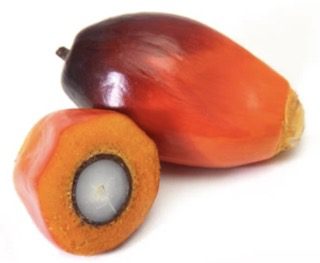

While dogs can eat some types of palm nuts, it is important to exercise caution due to the potential toxicity of certain varieties. Ingesting poisonous palm nuts can lead to serious health issues, including liver damage and even death.
Edible palm nuts and fruits can be a nutritious addition to a dog’s diet, as they are high in vitamins, minerals, and antioxidants.
Several varieties of palm nuts are toxic to dogs, including sago, foxtail, cardboard, Formosa, fishtail, and queen sago. Consuming these fruits can cause stomach problems, bloody stools, liver damage, and even fatality.
When offering palm nuts to dogs, it is important to stick with safe options such as Guadeloupe fan palm nuts, jelly palm nuts, Chilean wine palm nuts, and California fan palm nuts. Additionally, only serve the edible parts of the fruit, and remove the pit before serving in moderation.
Palm nuts are a type of fruit that can be a nutritious addition to your dog's diet as they contain high levels of vitamins, minerals, and antioxidants. Some common names for palm nuts include Guadeloupe fan palm nuts, jelly palm nuts, Chilean wine palm nuts, and California fan palm nuts. Palm nuts are widely available in various countries such as South America, Africa, and Asia. However, it is important to note that several varieties of palm nuts are toxic to dogs, including sago, cardboard, Formosa, fishtail, and queen sago. Consuming these can cause serious health issues, including liver damage and even death. It is important to exercise caution when feeding palm nuts to your dog and stick to safe options.
If you do choose to offer palm nuts to your furry friend, ensure that you remove the pit and serve only the edible parts of the fruit in moderation. Some alternatives to palm nuts that you can consider include apples or bananas.
Have you ever given your dog palm nuts before? How was their experience? Remember to always consult with a veterinarian before making any changes to your pet's diet. Your furry friend’s health should always come first.